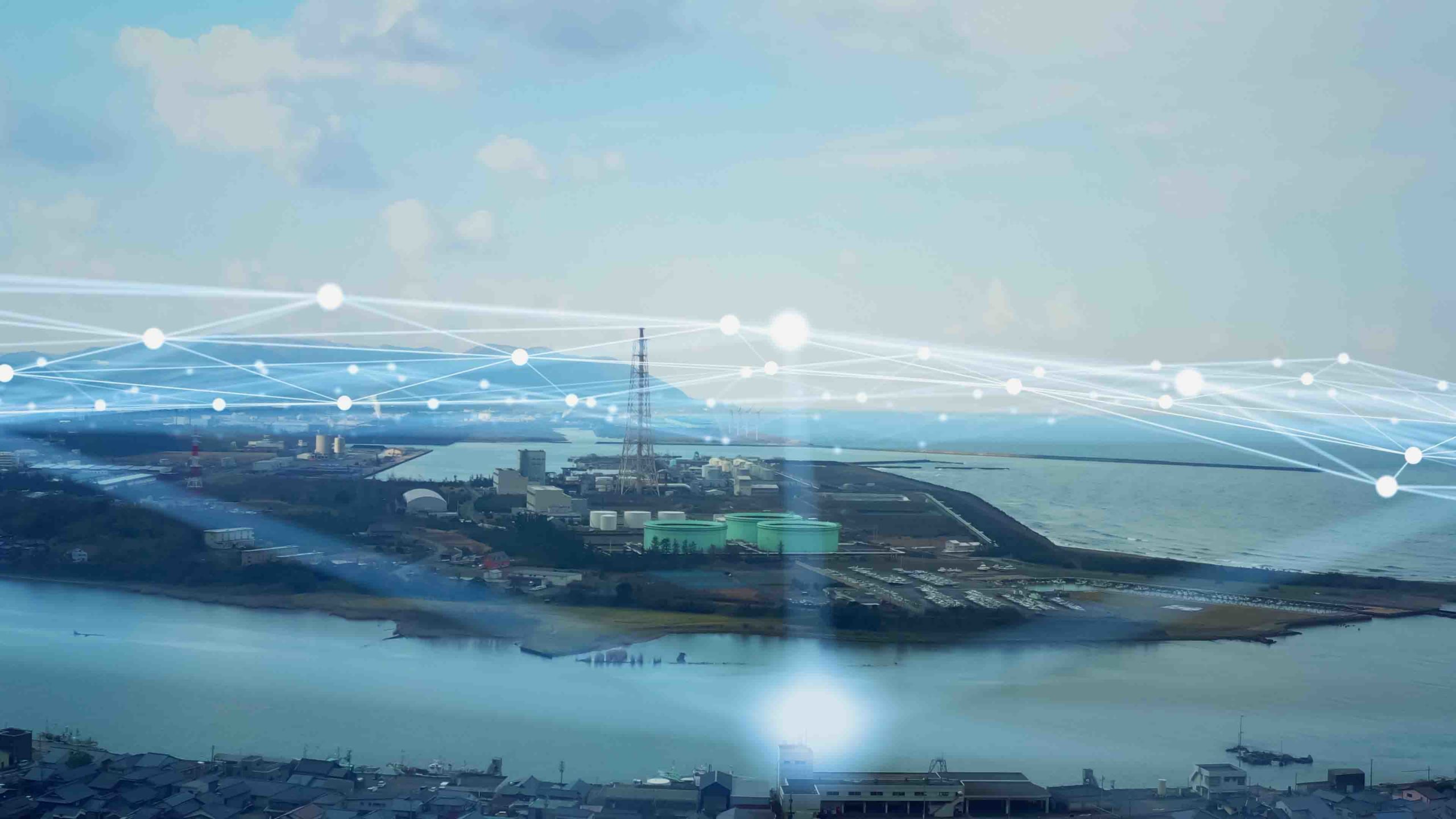
Expert system (AI) is to be utilized to decrease the effect of carbon emissions as part of a ⤠3 million task led by researchers at Heriot-Watt University.
ECO-AI is targeting hard-to-decarbonise markets such as steel, cement, and chemicals through carbon capture and storage.
It will do this by establishing expert strategies for clinical computing, product discovery and monetary forecasting, to make it possible for effective CO2 capture and storage in deep geological developments whilst setting out the monetary ramifications in releasing these strategies for organizations and for policy makers.
Academics based in Edinburgh are operating in collaboration with associates from Imperial College London on the two-year task.
The group integrates a series of clinical backgrounds consisting of chemical engineers, physicists, geologists, mathematicians, computer system researchers, and financial experts. They are interacting to establish: brand-new energy effective products for CO2 capture (solvents); inexpensive subsurface modelling for developing geological CO2 storage websites and unique monetary designs to comprehend the effect of the rate of development on various decarbonisation situations.
The group states the work is anticipated to leave a clinical structure for future scientists to build on and play an essential function in the UK Federal government’s net absolutely no target for 2050.
” CO2 elimination strategies intends to make up for recurring emissions in tough to decarbonise markets and therefore add to the UK’s net absolutely no targets,” states task lead Teacher Ahmed H Elsheikh from the School of Energy, Geoscience, Facilities and Society at Heriot-Watt University. “In ECO-AI, we intend to establish all elements of CO2 elimination by catching CO2 from big point sources of emissions utilizing energy effective solvents and by decreasing the storage expenses of CO2 in deep geological development utilizing innovative circulation modelling strategies.
Teacher Elsheikh states the task will advance existing clinical research study streams in sourcing appropriate choices for safe storage of CO2 in deep geological developments without the requirement to release pricey and, typically, lengthy exploratory examinations.
He continued: “Checking out the subsurface can be incredibly pricey however by utilizing AI we can change basic strategies for modelling circulation migration in the subsurface with a sped up AI-based strategies. For instance, something that may normally take 100 days to mimic on a supercomputer, we will have the ability to mimic the exact same circumstance in just one day utilizing a various sort of supercomputer that utilizes our expert AI simulators.”
Discussing CO2 capture, Teacher Elsheikh includes: “We require products that can draw out co2 from flue gases without taking in excessive energy. Sourcing these products has actually constantly been an experimental procedure. In ECO-AI, we will make use of a brand-new line of research study counting on artificial intelligence and AI to find energy effective solvents for CO2 capture and therefore decrease the expense of catching CO2 from point sources.
” Through ECO-AI we will propagate our findings and established AI strategies into all our continuous research study tasks and will share our development with different research study groups throughout the UK. We likewise prepare to arrange 2 hackathons for PhD trainees throughout UK universities, to check out the datasets produced by the task and to show the AI strategies established by the ECO-AI group. This will ideally result in developments in several research study locations throughout the larger research study neighborhood dealing with net absolutely no difficulties.”
In overall, ⤠2.5 million has actually been granted to ECO-AI by UK Research Study and Development (UKRI) with additional financial investment supplied by task partners, PETRONAS, Science and Innovation Facilities Council (STFC) and ArianeLogiX.
To find out more and to keep up to date with the task visit its website